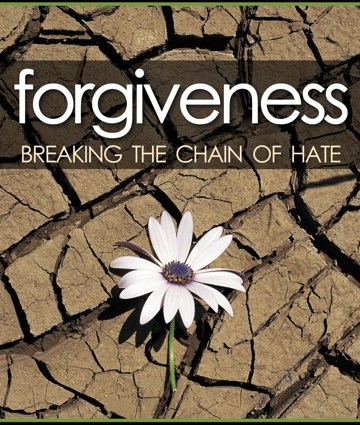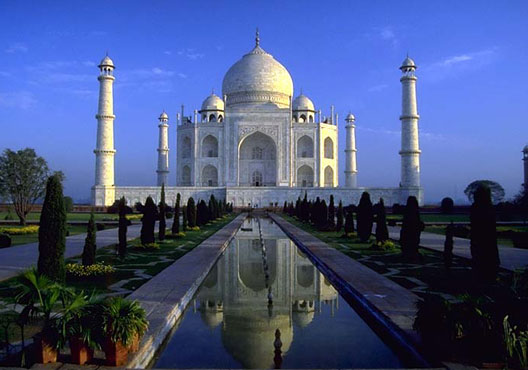I’ve been thinking, prompted in part by a comment from Chowbok who said:
Hatred is the easiest of emotions to invoke.
Is it possible to be trenchantly, even violently opposed to what you perceive as wrongdoing without slipping into HATRED of the perpetrator?
If we agree (you and I) that bitterness of spirit is a dangerous and toxic thing, how do we keep a clear vision, maintain our standards (which implies rejecting some actions and behaviours as, at least, ‘inappropriate’) … without slipping into the slimy pool of ill-will?
However virtuous one’s starting point, it seems there is what some call ‘spiritual risk’ involved whenever we exercise discernment.
Like radioactivity pioneers Pierre and Marie Curie, who died of diseases caused by exposure to the very radiation they studied — can a ‘crusader for right’ become contaminated, or infected (even mutated?) by the object of their attention?
Choose your enemies carefully, for you will become like them.
Some call this proverb History’s most ironic lesson. Whatever you think of the ‘spiritual risk’ aspect, the truth of the proverb is, sadly, often borne out by the record of human history. Victims can, in turn, become victimisers. (Examples, anyone?)
A variation of the proverb is:
Choose your enemies carefully for they DEFINE you.
A song on rock band U2’s No Line On The Horizon album contains this:
Choose your enemies carefully, ’cause they will define you/
Make them interesting, because in some ways they will mind you/
They’re not there in the beginning, but when your story ends/
Gonna last longer with you than your friends.
— from Cedars of Lebanon
As we’ve seen, anyone who expresses an opinion or takes a principled stand against others’ actions is liable to stir up anger and hatred. (That’s why we resist doing so. Fear of that reaction. The bully, the liar, and the oppressor count on this fear.)
So, Question: Is it possible to take a stand without succumbing to strong negative feelings oneself? What if those strong feelings are needed to ‘motivate’ us?

Mahatma Ghandi‘s ‘Hate the sin, love the sinner‘ overstates it … but goes towards what I’m asking.
Bitterness, we agree is unhealthy.
So, surely, is unforgiveness. Continue reading →










